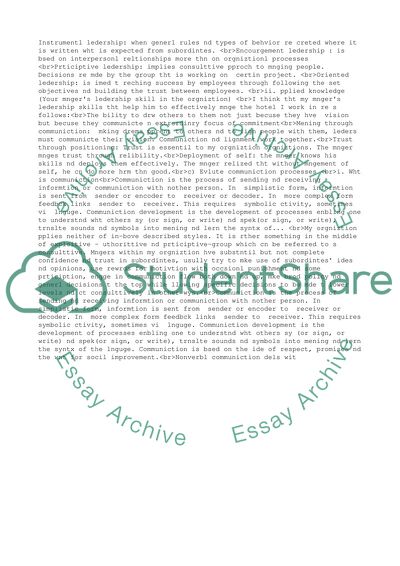Cite this document
(“The Developing Manager Assignment Example | Topics and Well Written Essays - 4000 words”, n.d.)
The Developing Manager Assignment Example | Topics and Well Written Essays - 4000 words. Retrieved from https://studentshare.org/business/1529777-the-developing-manager
The Developing Manager Assignment Example | Topics and Well Written Essays - 4000 words. Retrieved from https://studentshare.org/business/1529777-the-developing-manager
(The Developing Manager Assignment Example | Topics and Well Written Essays - 4000 Words)
The Developing Manager Assignment Example | Topics and Well Written Essays - 4000 Words. https://studentshare.org/business/1529777-the-developing-manager.
The Developing Manager Assignment Example | Topics and Well Written Essays - 4000 Words. https://studentshare.org/business/1529777-the-developing-manager.
“The Developing Manager Assignment Example | Topics and Well Written Essays - 4000 Words”, n.d. https://studentshare.org/business/1529777-the-developing-manager.


